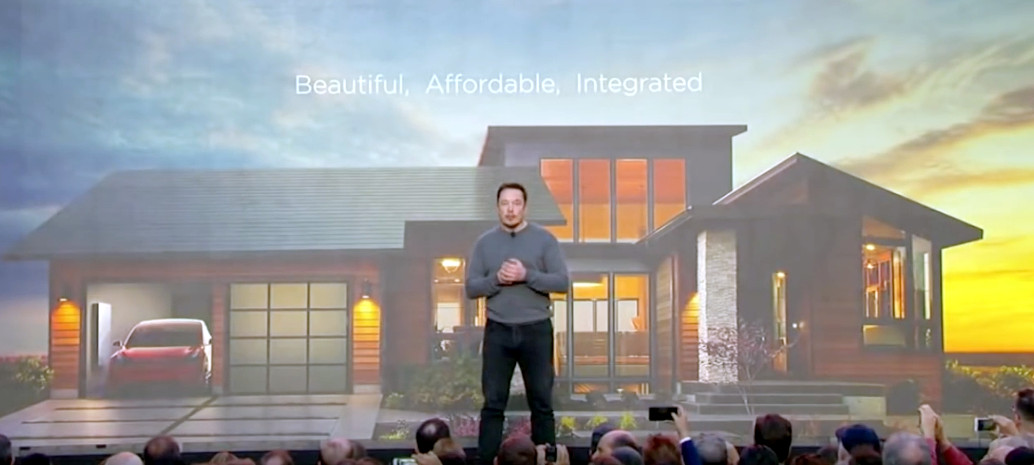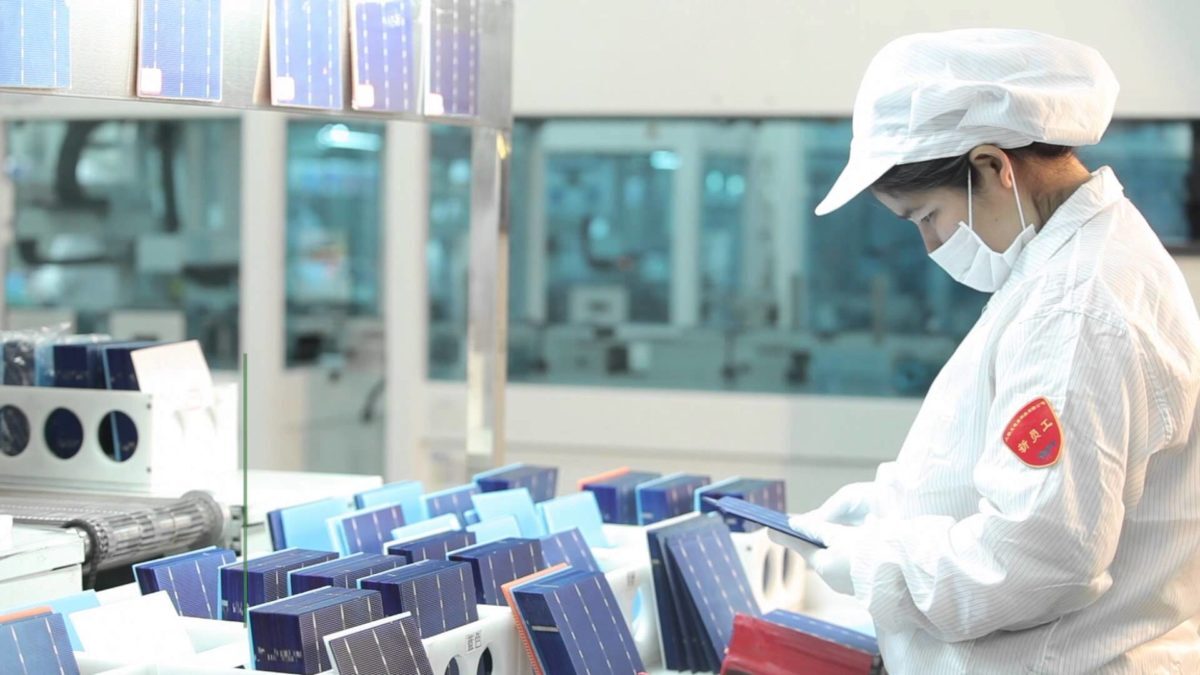The saga that began with a tweet on the way to the airport ended with a sober statement on the Tesla website. Last Friday four independent members of Tesla’s board of directors issued a statement indicating that Elon Musk no longer plans to take the company private.
This ends this portion of the roller coaster that the company had been on, with stock prices peaking around $380 on August 7 when the announcement came out, only to tumble to $305 ten days later after reports of SEC investigations surfaced, and to rise again days later after Morgan Stanley suspended coverage of Tesla, hinting that it may be doing business with the company directly.
And while Musk had stated he had been approached by Saudi Arabian sovereign wealth fund PIF – which is reported to own around 5% of Tesla’s stock – with a solid offer to take the company private, Reuters has reported that PIF is in talks to acquire rival electric vehicle maker Lucid Motors.
This brings Musk back to his initial challenges. In true Silicon Valley style, Tesla has grown larger and larger without turning a profit, but it remains to be seen how long investors will be satisfied with that model. In its second quarter results letter and conference call, the company indicated that its output of 7,000 vehicles per week should enable it to finally reach profitability in during the third quarter.
Tesla has a long way to go. The company reported a stunning $742 million loss during the second quarter of 2018, against $3.12 billion in revenues, and has been reporting such heavy losses for years.
However, the company was also sitting on $2.2 billion in cash at the end of Q2, indicating that it can sustain further losses if need be.
This content is protected by copyright and may not be reused. If you want to cooperate with us and would like to reuse some of our content, please contact: editors@pv-magazine.com.



By submitting this form you agree to pv magazine using your data for the purposes of publishing your comment.
Your personal data will only be disclosed or otherwise transmitted to third parties for the purposes of spam filtering or if this is necessary for technical maintenance of the website. Any other transfer to third parties will not take place unless this is justified on the basis of applicable data protection regulations or if pv magazine is legally obliged to do so.
You may revoke this consent at any time with effect for the future, in which case your personal data will be deleted immediately. Otherwise, your data will be deleted if pv magazine has processed your request or the purpose of data storage is fulfilled.
Further information on data privacy can be found in our Data Protection Policy.